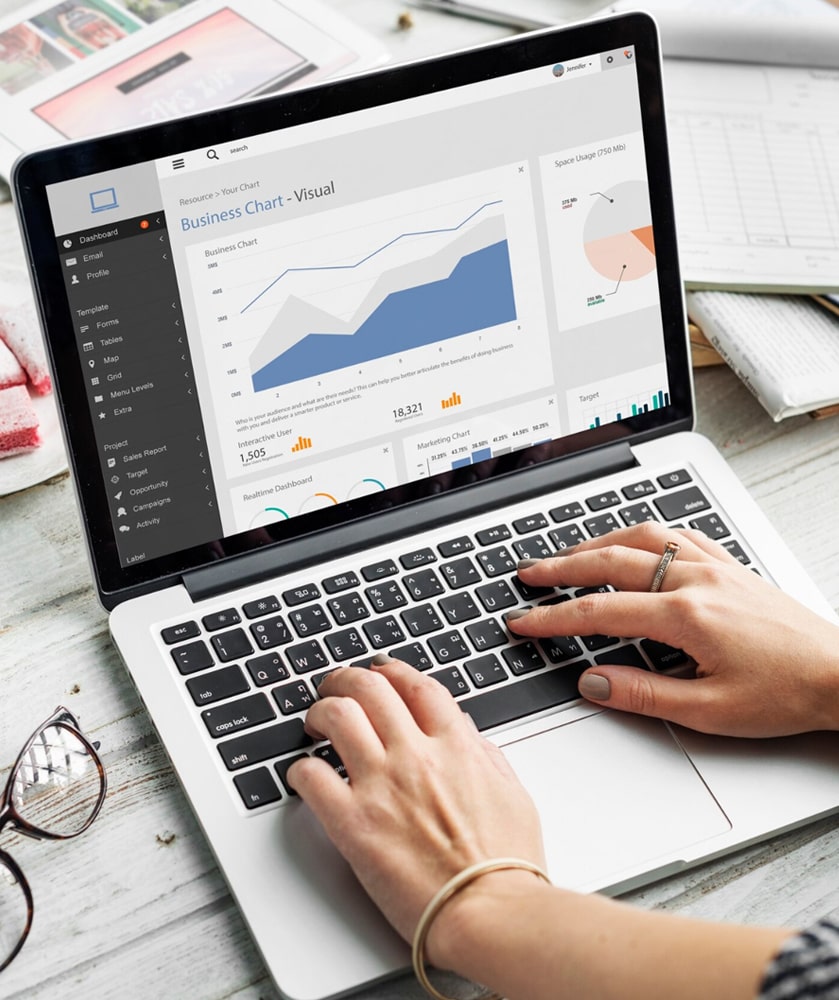
Portafolio de Páginas Web
Diseño Web Profesional
How to Optimize Your Website for Better
GOOGLE RANKINGS
In today’s digital age, online visibility is essential to the success of any business or project.
If you own a website, it’s crucial that your page is in Google’s top results when users search for products
or services related to your industry.
In this article, we’ll provide you with proven strategies to optimize your website and outperform the competition.
Before starting any optimization effort, it’s critical to conduct thorough keyword research.
This involves identifying the words and phrases that people use most often when searching online.
Use tools like Google Keyword Planner to discover keywords relevant to your business and industry.


Quality Content
One of the fundamental pillars of SEO is quality content. Make sure your website offers valuable and relevant information to your audience. Content should be original, informative and well structured. Avoid duplication of content and use captions with relevant keywords for easy reading.
On-Page Optimization
On-page optimization refers to actions you can take directly on your website to improve its visibility in search engines. Here are some key recommendations:
Page Title
Each page of your website should have a unique, descriptive title that includes relevant keywords. This title will appear in Google search results and is crucial to attract users.
Meta Descriptions
Meta descriptions are short summaries that appear in search results. Use this space to highlight page content and encourage users to click on your link.
Friendly URL
Make sure your site’s URLs are friendly and contain relevant keywords. A clear and concise URL makes navigation easier for both search engines and users.
Link Strategy
Building quality links is essential for SEO. Look for opportunities to get links from authority websites in your industry.
You can also improve your site’s internal link structure to make navigation easier.
User Experience
Google values user experience, so make sure your website is user-friendly and mobile-friendly.
Responsive design and intuitive navigation are crucial to retain visitors.
Loading Speed
The loading speed of your website also affects SEO.
It optimizes images and uses compression techniques to reduce page load time. A fast site improves user experience and Google rankings.
Monitoring and Continuous Improvement
SEO is an ongoing process. Use web analytics tools to track your site’s performance and make adjustments as needed.
Stay up-to-date with the latest SEO trends to keep beating the competition.


Conclusion
In short, to overcome your competence and improve your Google rankings, you must focus on keyword research, create quality content, optimize your website, build quality links and improve the user experience.
With these strategies in place, you’ll be well on your way to achieving online success.
Don’t wait any longer and start optimizing your website today!

